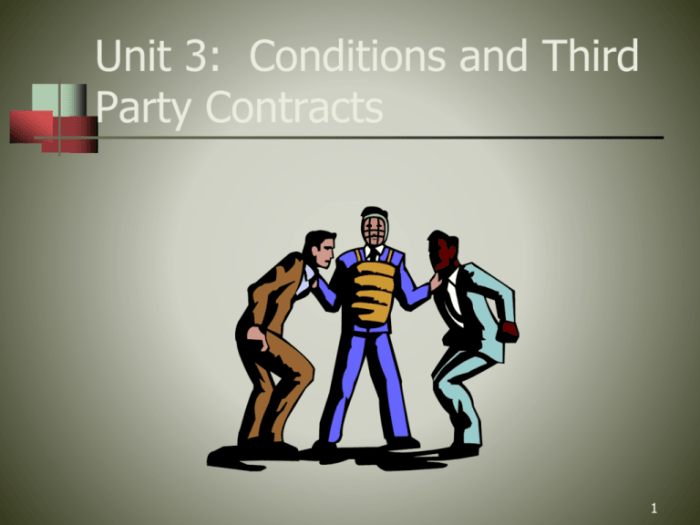Problems in contract law 10th edition – Delving into the intricacies of contract law, the 10th edition of Problems in Contract Law offers a comprehensive examination of the challenges and complexities that arise in this fundamental area of law. This updated edition provides a thorough analysis of the key problem areas, case studies, and best practices, equipping readers with a deep understanding of contract law’s impact on businesses and society.
From the formation of contracts to their interpretation, performance, and remedies for breach, this book explores the nuances of contract law with clarity and precision. Real-world examples and case studies bring the concepts to life, demonstrating how courts have grappled with these issues and the legal principles that have been applied.
Introduction: Problems In Contract Law 10th Edition

Contract law is a fundamental aspect of business and society, governing the formation, interpretation, performance, and enforcement of agreements. The 10th edition of “Problems in Contract Law” provides a comprehensive analysis of the challenges and complexities encountered in this field.
The 10th edition addresses a wide range of issues, including:
- Formation of contracts: capacity, offer and acceptance, consideration
- Interpretation of contracts: plain meaning rule, parol evidence rule
- Performance and breach of contracts: substantial performance, material breach
- Remedies for breach of contract: damages, specific performance, injunctions
Key Problem Areas
Formation of Contracts
The formation of a contract requires a valid offer, acceptance, consideration, and capacity. However, disputes can arise over the existence of these elements, such as:
- Ambiguous or incomplete offers
- Acceptance that varies from the terms of the offer
- Lack of consideration or illegal consideration
- Minors or mentally incapacitated parties
Interpretation of Contracts, Problems in contract law 10th edition
The interpretation of contracts is crucial for determining the rights and obligations of the parties. However, ambiguity and conflicting language can lead to disputes, including:
- Plain meaning rule versus the intent of the parties
- Parol evidence rule and its exceptions
- Interpretation of specific clauses, such as liquidated damages or choice of law
Performance and Breach of Contracts
Once a contract is formed, the parties must perform their obligations. However, breaches can occur for various reasons, such as:
- Non-performance or defective performance
- Anticipatory breach
- Frustration of purpose or impossibility
- Material breach versus substantial performance
Remedies for Breach of Contract
When a breach of contract occurs, the non-breaching party has the right to seek remedies. The most common remedies include:
- Damages: compensatory, nominal, or punitive
- Specific performance: court order to compel performance
- Injunctions: court order to prevent a breach
General Inquiries
What are the key problem areas addressed in the 10th edition of Problems in Contract Law?
The 10th edition covers a wide range of problem areas, including formation of contracts, interpretation of contracts, performance and breach of contracts, and remedies for breach of contract.
How does the book utilize case studies and examples to illustrate the challenges in contract law?
The book provides real-world examples and case studies that demonstrate how courts have addressed specific problems in contract law, highlighting the legal principles applied and the practical implications of different outcomes.
What are some potential solutions or best practices for addressing the problems identified in the book?
The book discusses potential solutions and best practices for drafting and negotiating contracts, such as using clear and concise language, anticipating potential issues, and seeking legal advice when necessary.